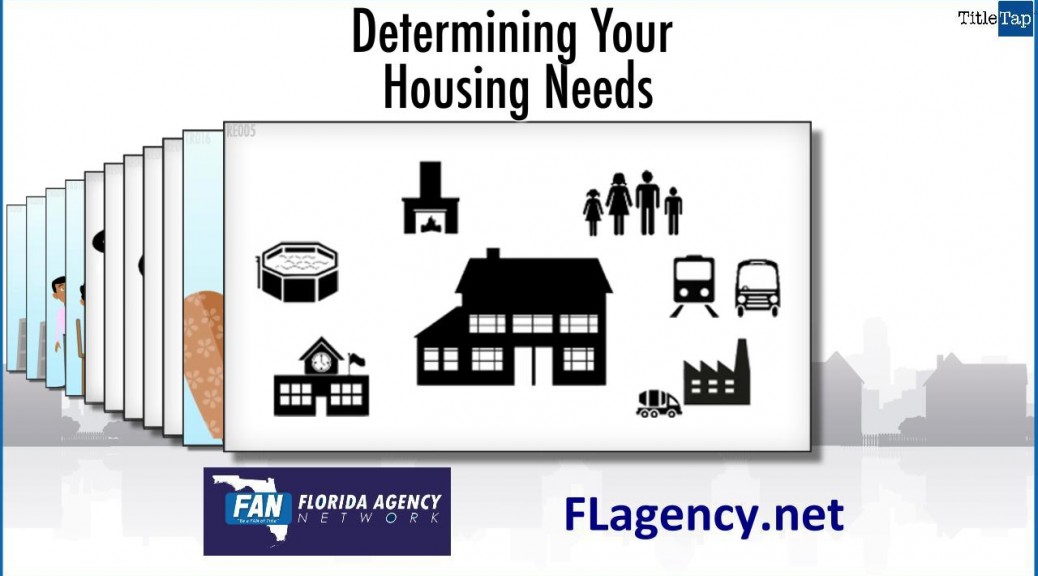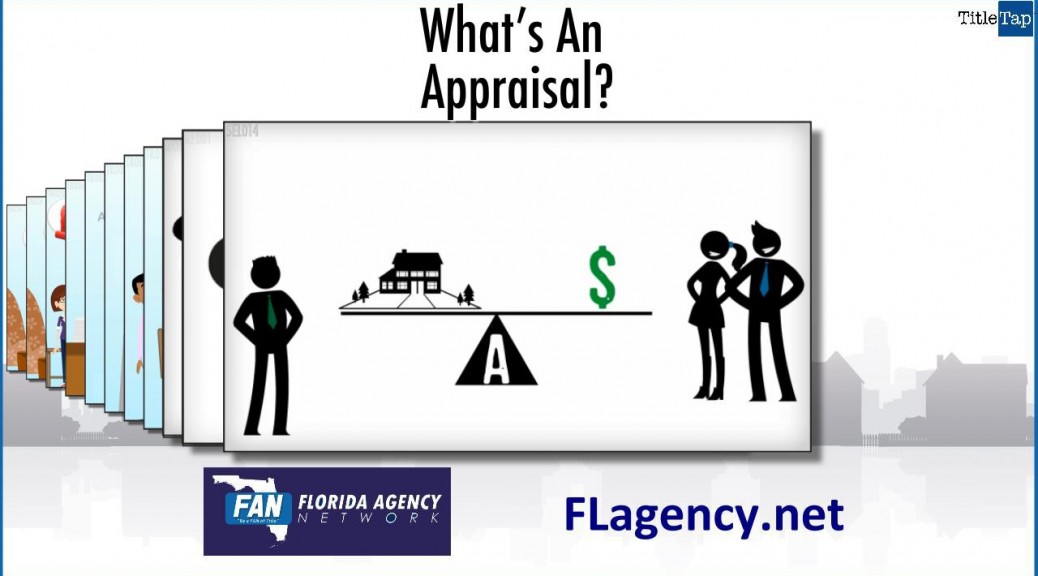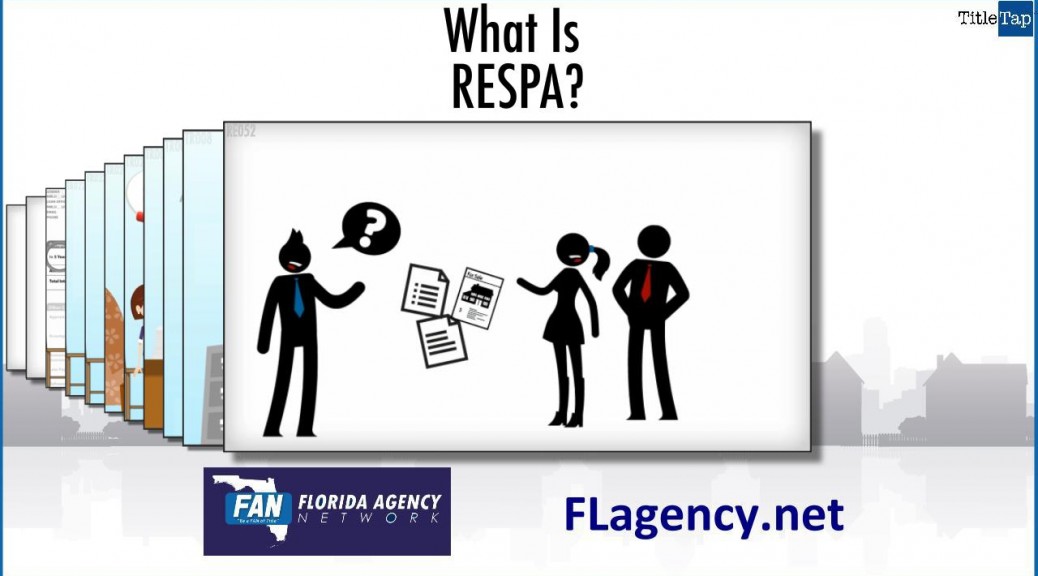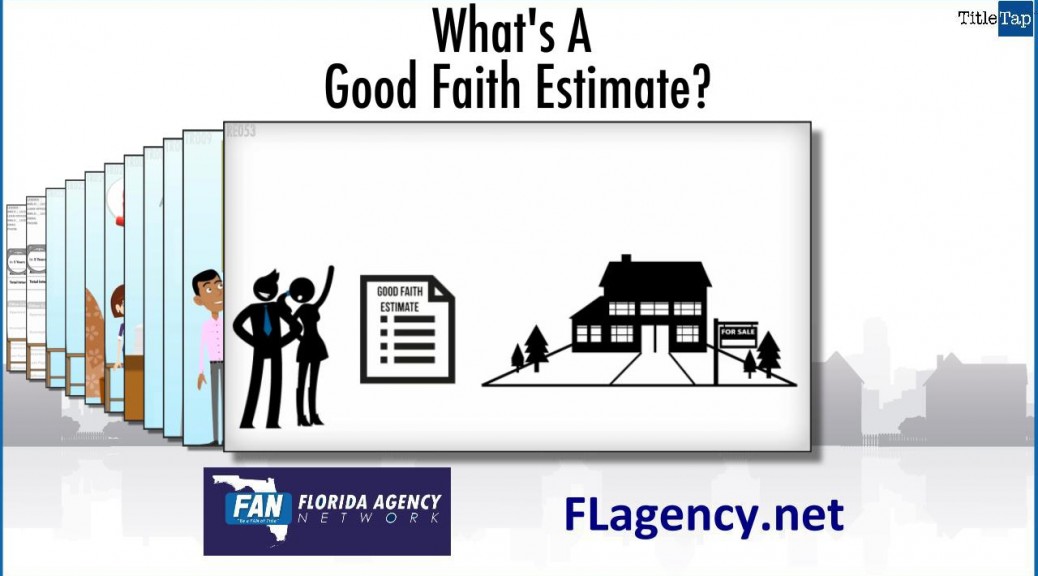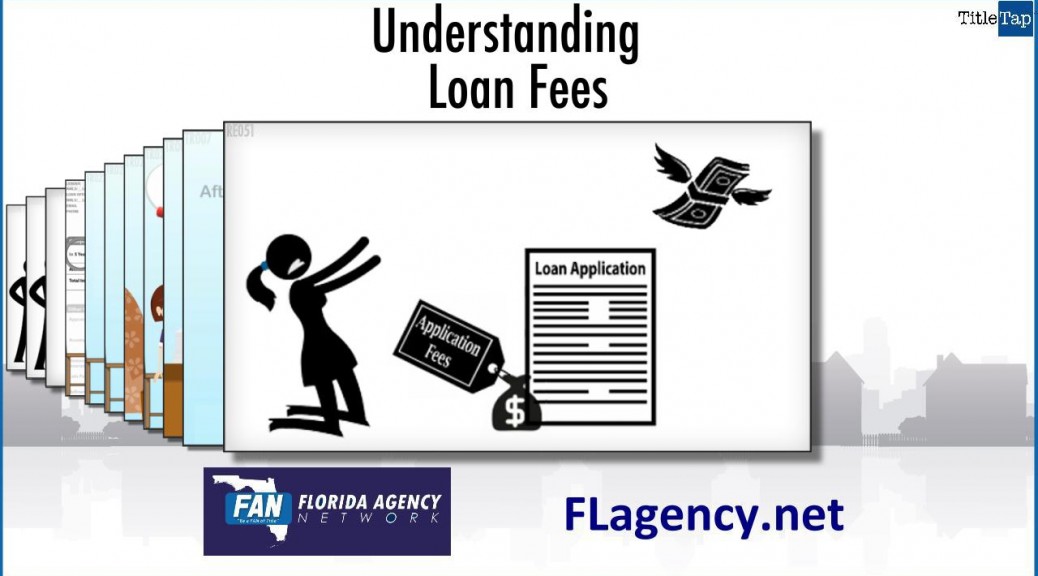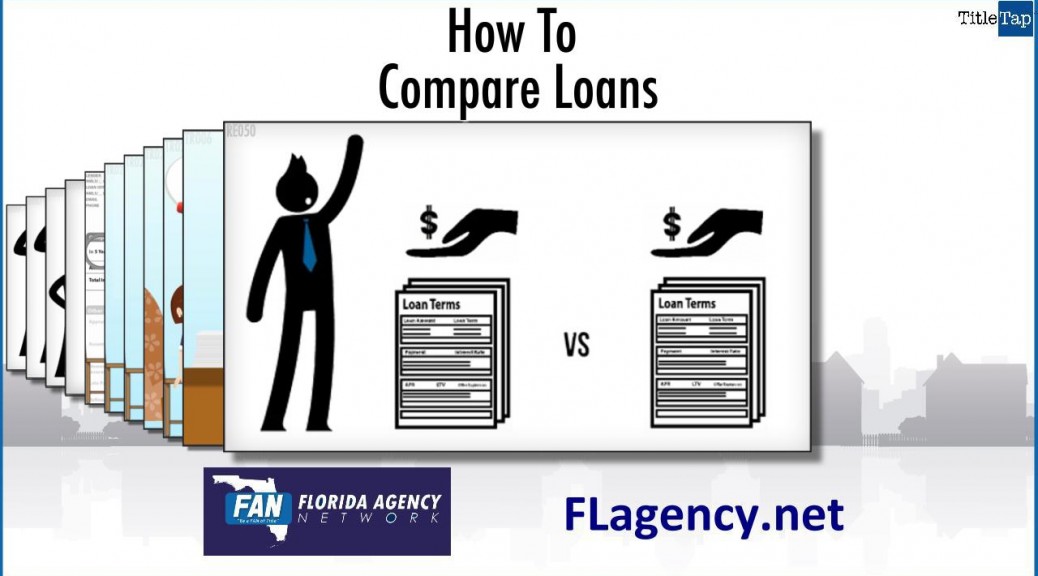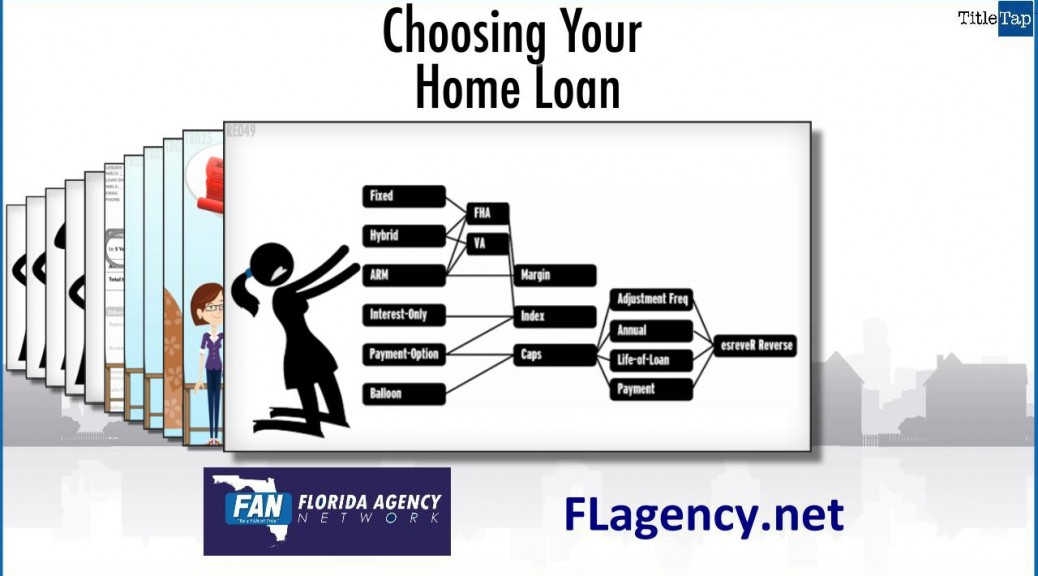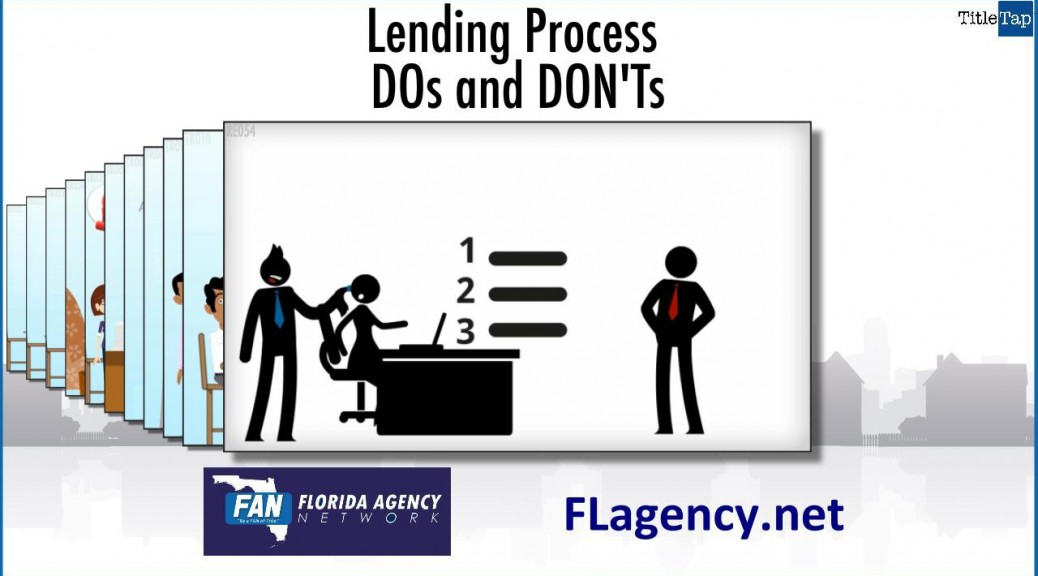http://fwd5.wistia.com/medias/5eya979p5q?embedType=iframe&videoFoam=true&videoWidth=640
Like the video shows, your home should fit the way you live, with spaces and features that appeal to the whole family.
Before you begin looking at homes make a list of your priorities – things like location and size.
- Should the house be close to certain schools? your job? to public transportation?
- How large should the house be?
- What type of lot do you prefer?
- What kinds of amenities are you looking for?
Establish a set of minimum requirements and a ‘wish list.” Minimum requirements are things that a house must have for you to consider it while a “wish list” covers things that you’d like to have but that aren’t essential.

